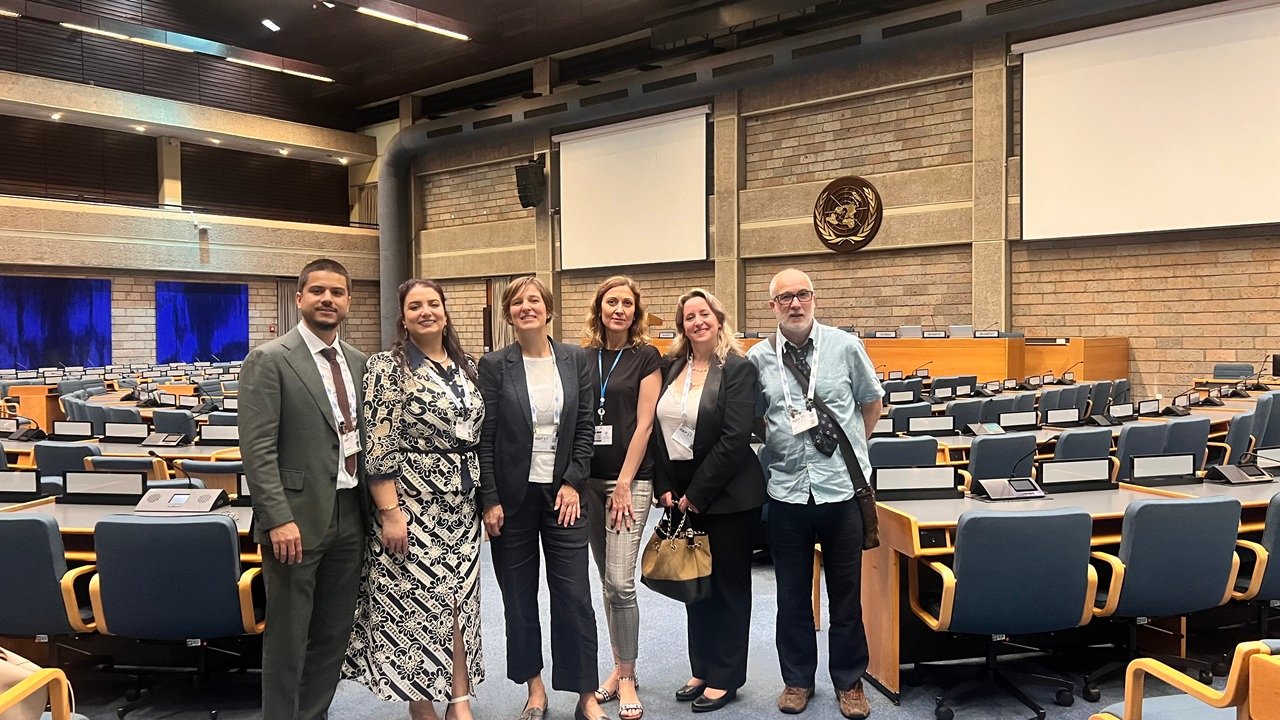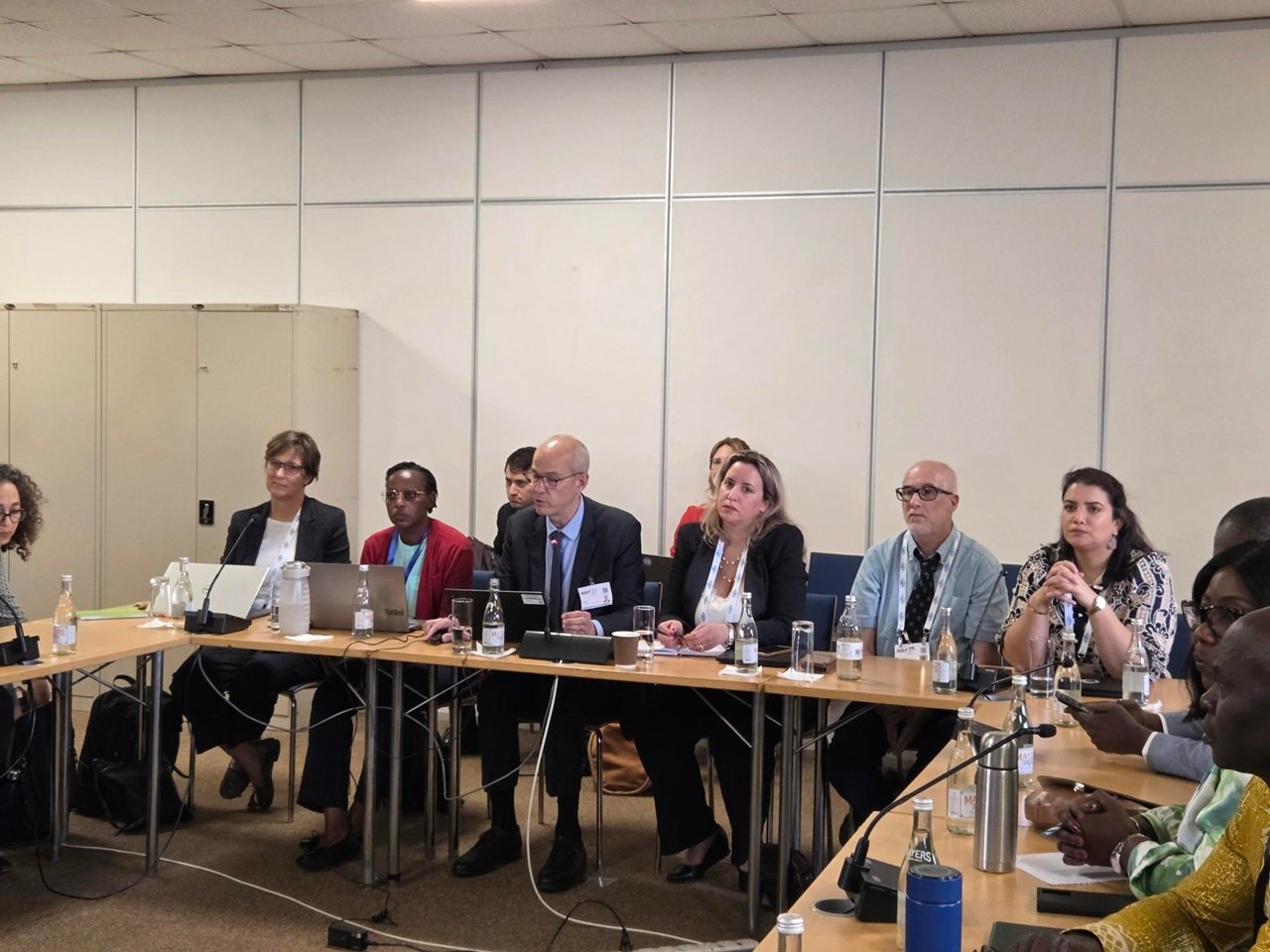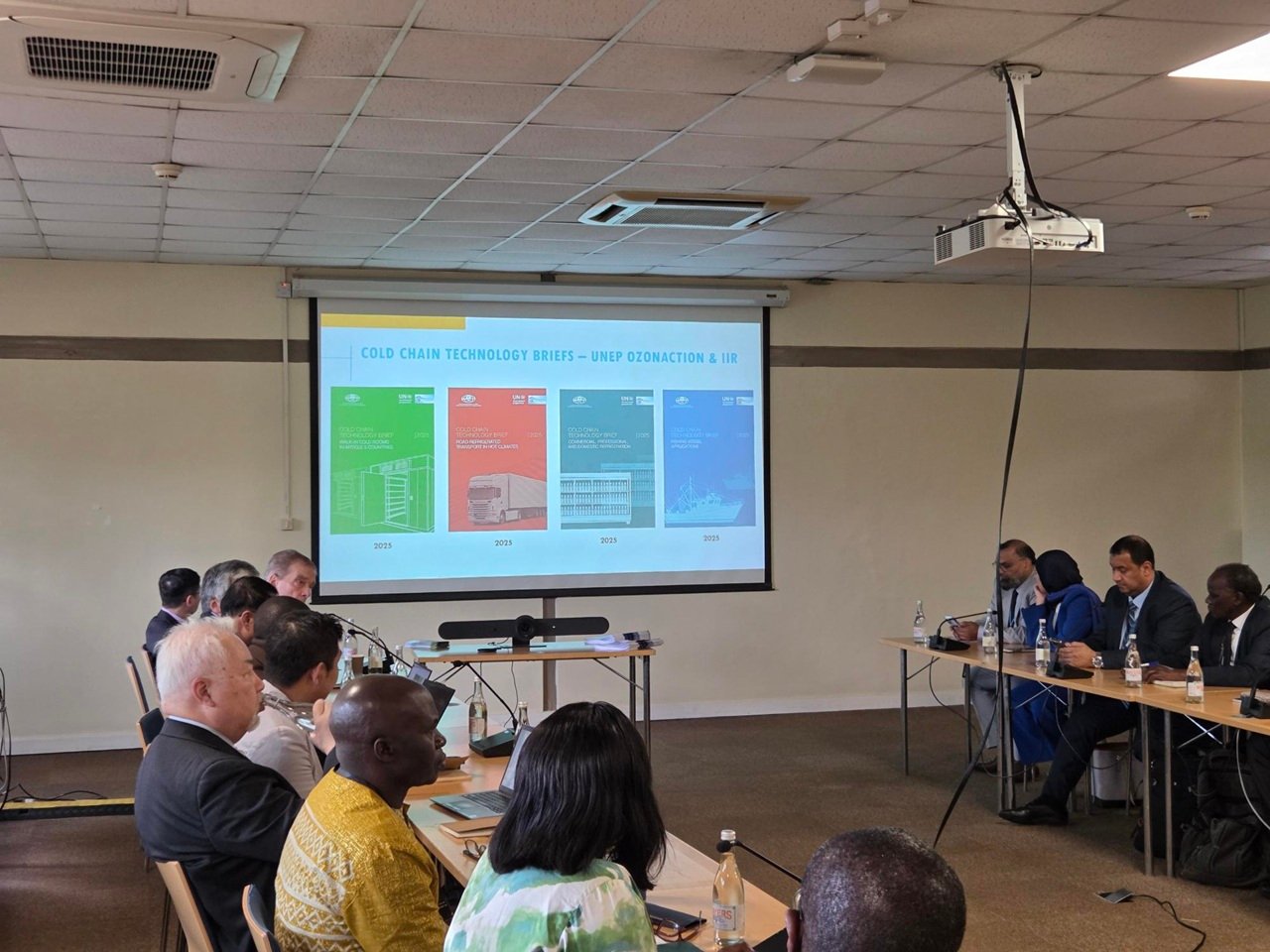The International Institute of Refrigeration (IIR) actively participated in the 37th Meeting of the Parties to the Montreal Protocol (MOP37), held from 1 to 7 November 2025 in Nairobi, Kenya. The Institute co-hosted side events, published new technology briefs, and engaged in negotiations focused on sustainable, low-emission refrigeration technologies.
During MOP37, discussions addressed key issues including the 2027–2029 replenishment of the Multilateral Fund, the operational viability of the Montreal Protocol, discrepancies in HFC-23 emissions reporting, end-of-life refrigerant gas inventories, and the role of regional centres of excellence in implementing the Kigali Amendment.
The parties adopted 20 decisions, including requests for further analysis of the HFC-23 emission gap and a synthesis of national reports evaluating support for regional excellence centres. A study was also initiated to quantify used and unwanted controlled substances and identify international reclamation and destruction facilities.
On 3 November, the IIR and UN Environment Programme OzonAction hosted a side event titled “Cold Chain Technologies in Hot Countries: From Storage to Transport.” At the event, the IIR launched three technology briefs on refrigeration aboard fishing vessels, walk-in cold rooms in Article 5 countries, and commercial, professional, and domestic refrigeration. Presentations were delivered by Silvia Minetto, President of IIR D2 Commission and researcher at Italy’s National Research Council, and Alan Foster, member of the IIR D1 Commission and senior researcher at London South Bank University.
The IIR also joined the commemoration of the 40th anniversary of the Vienna Convention, marked by the release of a documentary highlighting the global scientific collaboration to protect the ozone layer.
On 4 November, IIR Director General Dr. Yosr Allouche addressed the Parties, encouraging stronger national coordination on sustainable refrigeration and reaffirming IIR’s support in improving food systems, public health, and environmental outcomes.


